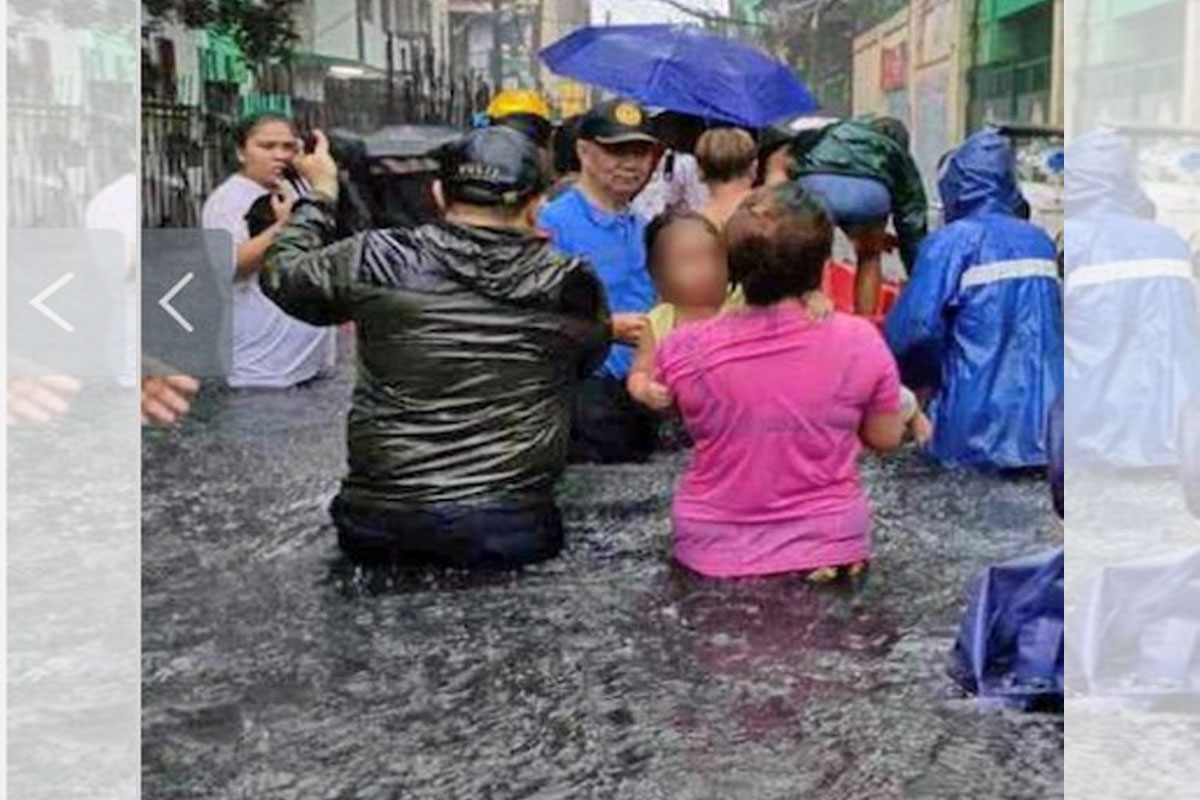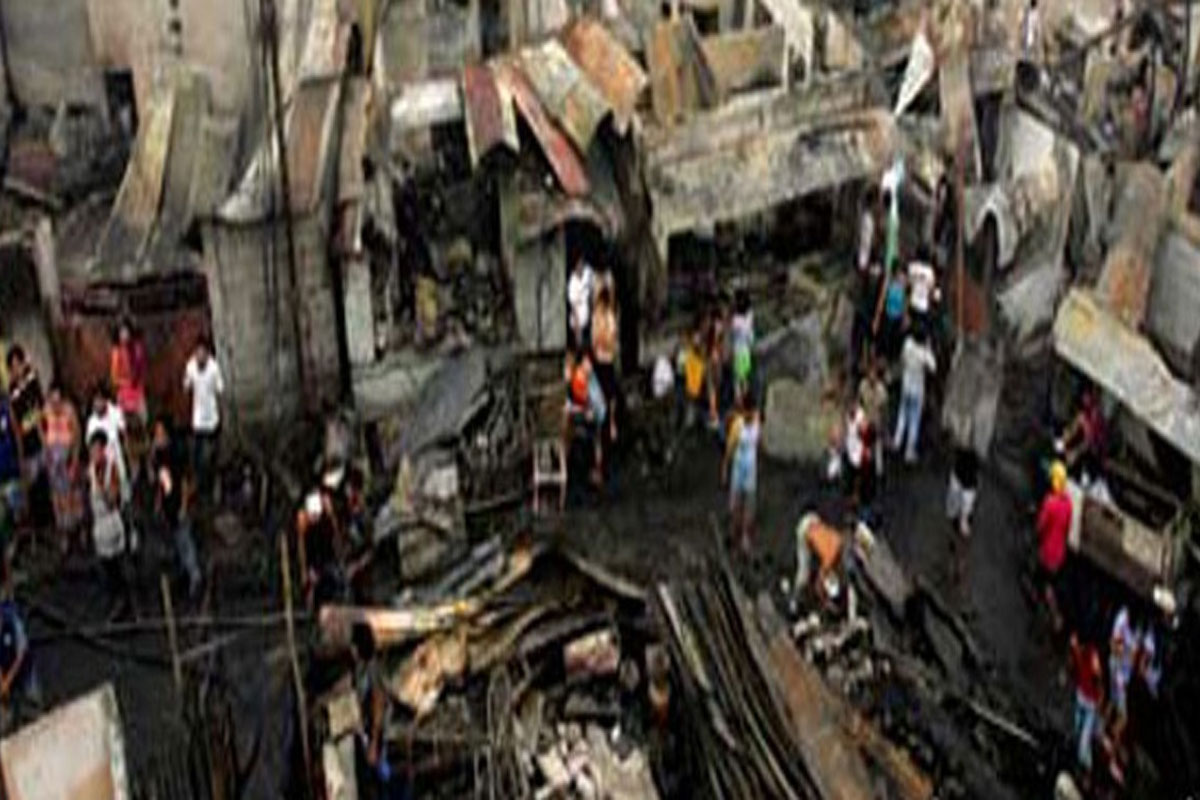 File photo by JONJON C. REYES
File photo by JONJON C. REYES
Lawmakers, COA urged to audit flood control projects amid flooding
FORMER Commissioner of the Presidential Anti-Graft Commission (PAGC), Atty. Nick Conti, and Capstone Intel Corp. CEO, called on the Senate and House of Representatives as well as the Commission on Audit to conduct a comprehensive audit of all flood control projects.
“This call comes in response to the recent state of calamity declared in the National Capital Region (NCR) due to massive flooding. Despite substantial budget allocations for flood mitigation, the persistent flooding problems highlight severe inefficiencies and possible corruption,” Conti said in his appeal.
For 2024, the Department of Public Works and Highways (DPWH) has proposed a P245 billion budget specifically for flood control projects.
This follows a budget of P185 billion in 2023, reflecting the government’s continuous financial commitment to addressing flooding issues. Despite this, severe flooding still affects many areas, leading to loss of lives and destruction of properties.
Conti emphasized that the rampant flooding in areas such as Quezon City, Mandaluyong, and Manila highlights the mismanagement within these projects.
The misuse of funds leads to inadequate infrastructure that fails to protect the public effectively.
Additionally, Conti said, citizens face increased expenses for the rehabilitation of their flooded homes, damaged properties, appliances, and vehicles—a double whammy. The public not only suffers from the initial flood damage but also incurs additional expenses for rehabilitation and repairs.
“What is worse is that despite the allocated funds to prevent flooding, these funds are not used properly. Consequently, taxpayers’ money is again used for the calamity fund and rehabilitation.
This misuse of funds results in taxpayers bearing the burden thrice: paying for ineffective flood control projects, incurring personal losses, and funding the calamity response and rehabilitation efforts,” he added.
In summation, Conti said that people are hit three times due to failed flood control projects and rampant corruption. This cycle of mismanagement and corruption demands immediate and decisive action to protect public welfare.
“The call for an audit is not just a financial scrutiny but a moral imperative to protect citizens from the continual distress and danger posed by ineffective flood control measures. With the DPWH’s proposed budget of P245 billion for 2024, there is an urgent need to account for these funds and rectify any malpractices,” he said.
This amount, according to data from Conti, noted that the DPWH budget is higher than the entire budgets of several key departments under the Executive Branch: Department of Labor and Employment (DOLE): (₱61.2 billion);
Department of Environment and Natural Resources (DENR): (₱25.3 billion) Department of Justice (DOJ): (₱36.2 billion); Department of Tourism (DOT): (₱3.4 billion) Department of Trade and Industry (DTI): (₱8.6 billion) Department of Energy (DOE): (₱1.6 billion); Department of Science and Technology (DOST): (₱26.9 billion); Department of Information and Communications Technology (DICT): (₱6.9 billion); Department of Foreign Affairs (DFA): (₱24.6 billion);
Department of Finance (DOF): (₱23.9 billion); Department of Budget and Management (DBM): (₱2.5 billion); andDepartment of Agrarian Reform (DAR): (₱8 billion)
He added that the flood control budget surpasses the entire annual budgets of these departments, highlighting the government’s prioritization of infrastructure resilience and disaster preparedness.
This significant allocation underscores the critical importance of flood control in mitigating the impacts of climate change and protecting the populace and economy from flood-related disasters.
By comparison, the ₱245 billion allocated for flood control is more than: Four times the budget of DOLE; Almost ten times the budget of DENR; Ten times the budget of DFA, and DENR; Nearly thirty times the budget of DTI; Over one hundred fifty times the budget of DOE.
“These comparisons make it clear that the flood control budget is a substantial portion of the national budget. In light of the current state of calamity, it is crucial that the government reassesses its approach to flood management, prioritizes anti-corruption measures, and ensures that the infrastructure projects genuinely serve the public interest. The ongoing suffering of the people must be addressed through decisive and transparent actions,” Conti remarked.


















